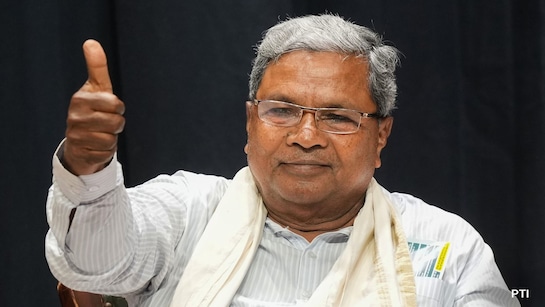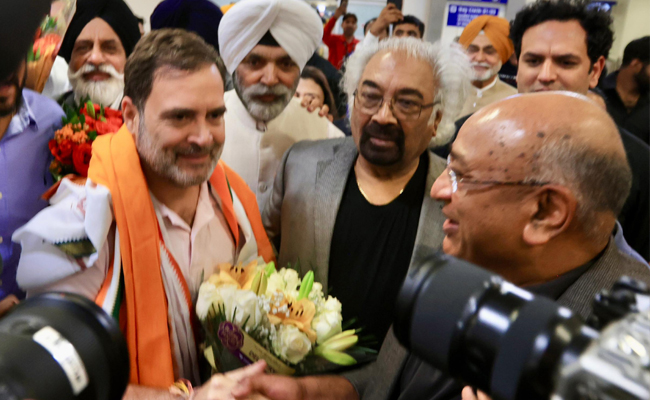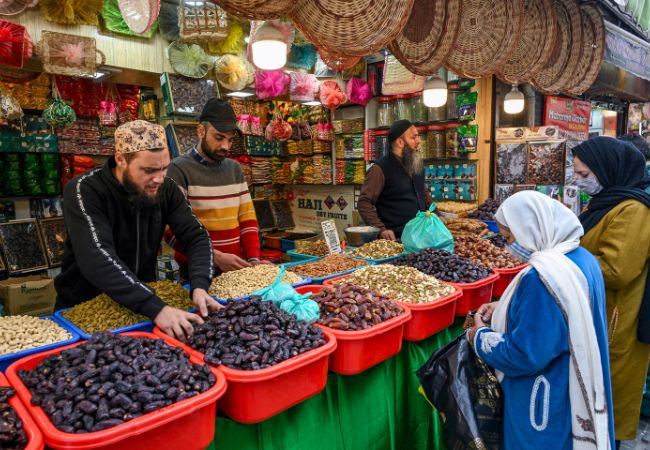Bengaluru: Chief Minister Siddaramaiah, who also holds the finance portfolio, presented the Karnataka state budget for 2025-26 on Friday, announcing several initiatives aimed at the welfare and development of minority communities. The budget allocates funds for education, employment, infrastructure, and social welfare programs targeting various minority groups across the state.
A key highlight of the budget is the expansion of Maulana Azad English Medium Model Schools. Currently functioning on the model of Karnataka Public Schools, these institutions will be upgraded to offer classes from pre-primary to pre-university level. The government has planned this expansion with a total estimated cost of ₹500 crore, of which ₹100 crore has been allocated for the current financial year. The program will be implemented in collaboration with the School Education Department. In addition, the government has announced an initiative to enhance the infrastructure of 100 Urdu medium schools, equipping them with improved facilities and upgrading them to Maulana Azad Public Schools. This project, with an estimated budget of ₹400 crore, will receive ₹100 crore this year.
Further emphasizing the importance of education for minorities, the budget provides for the establishment of commerce departments in 62 Morarji Desai residential schools for minorities that have already started pre-university classes. Additionally, madrasas will be equipped with necessary facilities like computers and smart boards to enable students to receive formal education alongside religious studies. These students will also be given the opportunity to take the SSLC examination through the National Institute of Open Schooling (NIOS).
A major allocation has been made under the Chief Minister’s Minority Colony Development Scheme, with an action plan of ₹1,000 crore to be implemented in the upcoming financial year. The Karnataka Minority Development Corporation will also encourage young entrepreneurs from minority communities to start new businesses. To address infrastructural concerns, ₹150 crore has been earmarked for the repair, renovation, and maintenance of graveyards and other minority-owned properties.
The government has also placed a strong emphasis on career development and training. Minority students in post-matric hostels will receive training for competitive examinations and career guidance. A regional centre of Karnataka State Open University (KSOU) will be established at Haj Bhavan, Bangalore, to offer degree and postgraduate education for minority students who have been deprived of higher education opportunities. Additionally, self-defense training will be provided to 25,000 female students studying in 169 residential schools and colleges for minorities.
To promote simple weddings among economically weaker minority communities, the government will offer financial assistance of ₹50,000 per couple for group marriages organized by voluntary organizations. In a bid to improve facilities for Haj pilgrims, an additional building will be constructed at Haj Bhavan in Bangalore. The government also plans to support the higher education of minority women by constructing 15 new women’s colleges on vacant Waqf institution sites in 2024-25. Another 16 women’s colleges will be established in the following year.
In recognition of the diverse religious communities within the state, the budget has made several provisions for different groups. A grant of ₹2 crore has been allocated for infrastructure development in Gurudwaras, while a Buddhist Studies Academy will be established in Bangalore, along with the digitization and modernization of the century-old Mahabodhi Studies Center library at a cost of ₹1 crore. An additional ₹100 crore has been set aside for the overall development of the Jain, Buddhist, and Sikh communities. The Christian community will receive ₹250 crore for various development initiatives.
Religious leaders will also benefit from increased honorariums. Jain priests, Sikh chief grandis, and Pesh Imams of mosques will now receive a monthly stipend of ₹6,000, while Sikh auxiliary grandis and muezzins will get ₹5,000 per month. The government has also announced the formation of the Sannathi Development Authority in Chittapur taluk of Kalaburagi district, an ancient Buddhist centre, and plans to construct multi-purpose community buildings at the hobli, taluk, district, and municipal levels to facilitate cultural and social activities for minorities.
Technical education and professional training for minority students have also been prioritized in the budget. New courses and additional classes will be introduced in Industrial Training Institutes (ITIs) in areas with significant minority populations. The government has decided to refund 50% of the fees for minority students admitted to professional courses through the Karnataka Examination Authority (KEA), with a cap of ₹5 lakh per student. Additionally, the national foreign scholarship for minority students will be increased from ₹20 lakh to ₹30 lakh.
In an effort to expand pre-university education opportunities for minorities, the government has also announced the establishment of a new PU college with hostel facilities in Ullal.
Let the Truth be known. If you read VB and like VB, please be a VB Supporter and Help us deliver the Truth to one and all.
New Delhi (PTI): Congress leader Rahul Gandhi on Wednesday dubbed the ongoing AI Summit a "disorganised PR spectacle" and alleged that Chinese products are being showcased there.
Gandhi's remarks came amid a controversy over Galgotias University allegedly showcasing a robotic dog labelled "Orion" at the AI Summit Expo that critics said was actually a Chinese-made Unitree Go2 and not an in-house innovation.
"Instead of leveraging India's talent and data, the AI summit is a disorganised PR spectacle - Indian data up for sale, Chinese products showcased," the former Congress president said in a post on X.
According to sources, Galgotias University has been asked to vacate its stall at the AI Summit Expo immediately.
Gandhi also tagged a post of the Congress which alleged, "The Modi government has made a laughing stock of India globally, with regard to AI."
"In the ongoing AI Summit, Chinese robots are being displayed as our own," he charged.
The Congress claimed that the Chinese media has mocked India.
"This is truly embarrassing for India. What is even more shameful is the fact that Modi's minister Ashwini Vaishnaw is indulging in the same falsehood, promoting China's robots at the Indian summit," it said.
"The Modi Government has caused irreparable damage to the image of the country - they have reduced AI to a joke - a field in which we could be world leaders given our data power. Brazenly shameless," the party said on X.
Congress' media and publicity department head Pawan Khera said in a post on X, "Ashwini Vaishnaw has proved that in India AI means 'Ashwini is Incompetent'."
"As for the 'Pradhan (Tamasha) Mantri' - every event is a 'Jhappi-pappi' fest. This was supposed to be an AI Summit - a platform for innovation and exchange of ideas. BJP reduced it to a cheap China Bazaar," Khera said in his post, adding that the Gen Z of the country would not forgive them.



_vb_15.jpeg)

